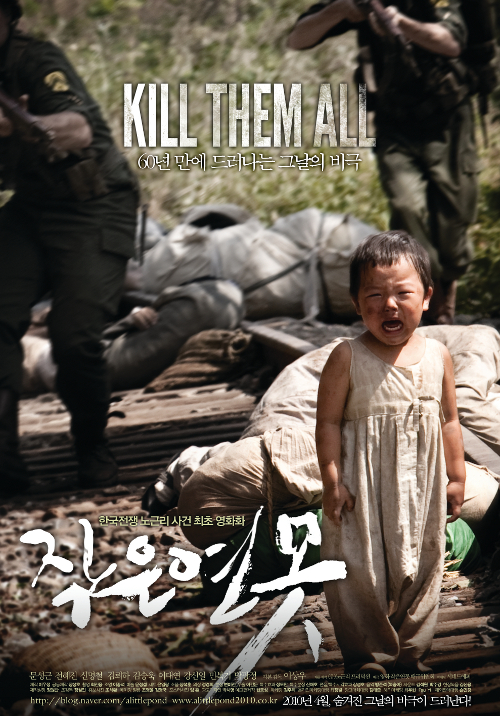By Eileen Gould
Impunity Watch Reporter, Middle East
JERUSALEM, Israel – A bomb planted near West Jerusalem’s Central Bus station was detonated, killing one person, and injuring three dozen others, earlier this week. The attack has been described as the “worst attack in Jerusalem in four years” and has prompted international criticism.
The bomb, weighing between two and four pounds and packed with ball bearings to increase damage, detonated just as two buses arrived at the bus station. The U.S. State Department has announced that six Americans were injured. Some of the victims were as young as 15.
Investigators believe the attack was the work of Palestinian terrorists, though no one has taken responsibility as of yet. Islamic Jihad, a militant Palestinian organization, and the Popular Resistance Committees, another militant group that is close to Hamas, praised it.
The bombing came as the tension between Israelis and Palestinians has escalated. In the last week, stray fire from the response of Israeli troops to a rocket attack killed a sixty year old man and three Palestinian children. The Israeli Air Force also killed four members of Islamic Jihad, a militant Palestinian organization, in Gaza. According to the Israeli military, these men planned to launch rockets at Israel.
These recent bouts of violence may have discouraged any prospects of Israeli-Palestinian peace talks.
Israeli Prime Minister Benjamin Netanyahu said on Wednesday, “We will act vigorously, responsibly and prudently in order to maintain the quiet and the security that have prevailed here over the past two years.”
The Palestinian Authority has also denounced the bombing, as well as Israel’s actions in Gaza. On Wednesday Prime Minister Salam Fayyad stated, “I condemn this terrorist operation in the strongest terms, regardless of which party stands behind it.”
Nir Barkat, the mayor of Jerusalem, characterized the attack as “cowardly” and noted that residents should continue to live their daily lives such that it gives the impression that terrorists cannot win in the end. “It’s important to return to our regular routines as quickly as possible. When terror attempts to disrupt our way of life, the best solution is to get back to normal as quickly as possible. Events in Jerusalem will not be cancelled and Jerusalem will not stop running.”
Human Rights Watch has called the bombing of civilians “a despicable crime that should be promptly investigated and prosecuted”.
For more information please see:
The Epoch Times – Israel Promises ‘Tough Reaction’ for Jerusalem Bombing – 25 March 2011
ABC News – British Woman Killed, Six Americans Injured in Jerusalem Bombing, Palestinian Terrorists Blamed – 24 March 2011
Human Rights Watch – Israel: Jerusalem Bombing an Indefensible Attack on Civilians – 24 March 2011
Globes – Bomb Explodes near Jerusalem bus – 23 March 2011
The Epoch Times – Jerusalem Bomb Kills One, Injures Dozens More – 23 March 2011
New York Times – Jerusalem Blast Raises Fears of Growing Violence – 23 March 2011


